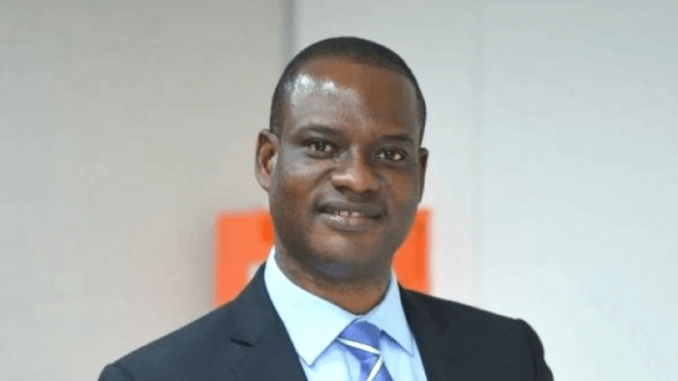
The chairman of the presidential committee on tax reforms, Mr Taiwo Oyedele, have countered the position of the Revenue Mobilisation and Fiscal Allocation Committee headed by Mohammed Bello Shebi with the following statements:
Regarding the RMAFC’s position on the proposed VAT sharing formula, it is important to provide some context and highlight the issues which the reforms seek to address.
- VAT was introduced via a decree in 1993 to replace the sales tax which was being administered by states at the time. While it is being centrally collected to ensure better efficiency and manage the intricacies of the multi-layered nature of VAT, there is a recognition that VAT remains a state tax.
- Hence, 85% of the revenue is distributed to states with the federal government retaining only 15% which is a fraction of the VAT generated by the FCT and import VAT that ordinarily belong to the federal government. The sustained central collection and sharing formula therefore reflect this understanding among the tiers of government.
- The tax predates the 1999 Constitution and despite having been in operation for over 5 years, the tax is not mentioned in the 1999 Constitution making it a residual matter within the purview of the states.
- As a result of the above, VAT is paid into a special pool account and not treated along with the other revenues accruable to the federation for which the RMAFC is expected to play an advisory role regarding the sharing formula as contained in section 162 of the 1999 Constitution. A similar revenue item is stamp duties which also belong to states and it is meant to be shared among them based on 100% derivation without any requirement for the RMAFC to be involved in determining the sharing formula.
THE ROLE OF RMAFC
We note without conceding to the view expressed by the RMAFC regarding the proposed sharing formula. We believe that the focus should be on the ongoing engagements with key stakeholders to reach an acceptable position as a matter of priority.
From the Commission’s statements, it is clear that more understanding of the issue is required to enable more constructive contributions to the debate towards an effective resolution. Some of the concerns expressed which are either not applicable or only require some clarifications include:
- That VAT consumption needs to be determined based on taxpayer residence. This is not the case with VAT or any consumption tax unlike income tax.
- The illustration regarding the purchase of an asset in Lagos for use in Kano does not pose any difficulties as VAT has an inbuilt mechanism for input and output VAT where only the VAT related to incremental value added in a jurisdiction will be attributed to such location with production treated as intermediate consumption at each stage of the production process prior to the final consumption.
- There is no need for any technology to track the location of consumption, every eligible business will simply be required to indicate the location of sales in its VAT returns as stipulated under section 22(12) of the Nigeria Tax Administration Bill. It is not necessary to tag VAT collections to end-user locations from sale to consumption, neither is it practical to do so. Afterall we may not be able to tag services or creative work that are digitally delivered as intangible goods.
- The horizontal distribution of VAT revenue among states is not based on a formula of 50% derivation, 35% population and 15% equality as stated by the Commission but rather 20% derivation, 50% equality and 30% population.
We are aware of various efforts by the RMAFC over the past decade including the nationwide consultation exercise on the review of the federation revenue sharing formula 3 to 4 years ago. Not only was VAT excluded from this exercise despite the apparent inequity in the distribution formula, the outcome of the revenue sharing consultation is yet to be concluded many years after. VAT administration is already under dispute, therefore seeking a political solution to avoid the risk of the tax being adjudged as a tax to be administered by states requires urgent action.
THE WAY FORWARD
We look forward to the RMAFC joining the ongoing effort including consultation with key stakeholders to arrive at a generally acceptable outcome. This moment calls for a constructive and objective approach focusing on finding a workable solution, avoiding further controversies and working together in order to move our nation forward.
Taiwo Oyedele
Chairman, Presidential Fiscal Policy & Tax Reforms Committee
